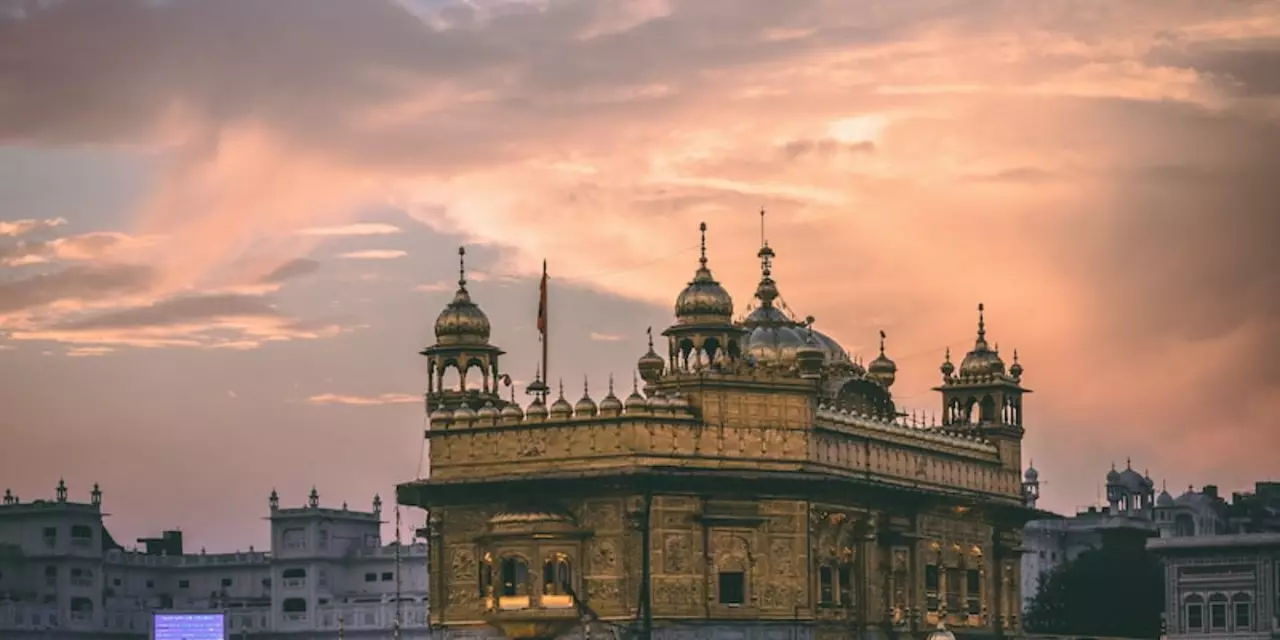Cultural Awareness: How to Deal with Open Hate Toward India and Indians
Seeing someone bash India or Indians in public can make anyone’s blood boil. Yet reacting with anger usually just fuels the fire. The real win comes from staying cool, asking the right questions, and using the moment to spread facts about Indian culture.
Stay calm and think before you react
First step: take a breath. Give yourself a few seconds to step back and look at the situation as if you were an observer. This pause stops knee‑jerk insults and lets you choose a smarter reply. If you feel a surge of heat, try counting to ten or note the exact words you heard. That simple act shifts your brain from fight mode to problem‑solving mode.
Next, check your goal. Are you trying to silence the speaker, prove them wrong, or educate a wider audience? Knowing the aim helps you pick a tone that matches it. A calm tone often disarms a hostile speaker more than a shouting match ever could.
Practice these steps in low‑stakes situations first, like a friendly debate or a social media comment. The more you rehearse staying calm and asking questions, the easier it becomes when the real heat rises.
Turn the conversation into a teachable moment
Once you’re steady, ask open‑ended questions. "What makes you feel that way about India?" or "Can you share where you heard that idea?" invites the other person to explain, and explanations can reveal misconceptions. Most hate is built on shaky facts, so giving them a chance for correction.
When a clear misunderstanding shows up, drop a quick, verifiable fact. For example, if someone claims India is backward, you might point out that India hosts the world’s largest space program and a booming tech sector. Keep facts short and easy to remember – no need for a history lecture.
Show a bit of empathy. Saying "I get why you might feel that way, but there’s more to the story" signals respect. People are more likely to listen when they don’t feel attacked. If the person is still hostile, it’s okay to set a boundary: "I’m happy to discuss further, but I won’t continue if the talk stays hateful."
Sharing personal anecdotes works wonders. A quick story about a favorite Indian festival, a street food experience, or a tech innovation you love makes the culture real, not just a set of statistics. Real‑life snapshots are hard to dismiss.
After the exchange, reflect on what worked. Did a question calm them down? Did a fact change their tone? Jotting down these observations sharpens your future responses and builds confidence.
Finally, spread the positive vibes beyond the confrontation. Write a short post, share a video, or simply talk to friends about what you learned. Each piece of accurate info chips away from the larger wall of prejudice and boosts cultural awareness for everyone.
Bottom line: handling open hate toward India isn’t about winning an argument, it’s about staying grounded, asking the right questions, and turning negativity into a chance to educate. Keep these steps in mind, and you’ll turn a tough moment into a win for cultural understanding.
